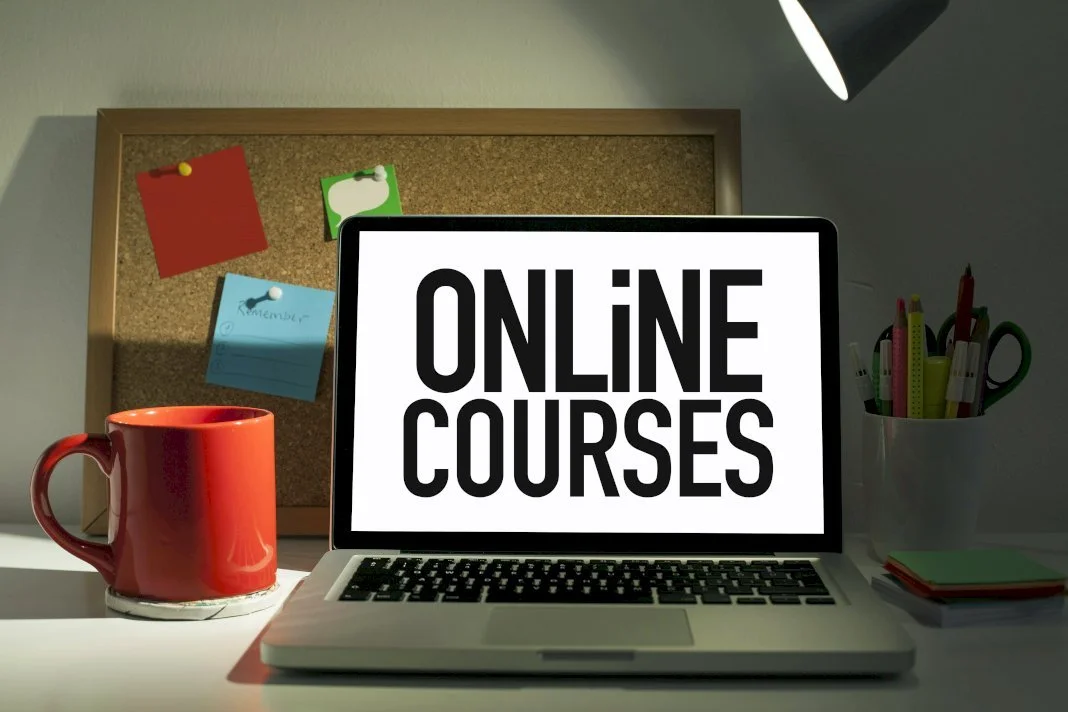Embrace independent learning by creating an effective personal study plan and utilizing online resources and technology.
Join study groups or peer networks to exchange ideas and gain new perspectives.
Seek out mentorship from professionals or academicians in your field.
Engage in real-world applications to understand the practical implications of theoretical knowledge.
Explore different tracks in senior high school to pinpoint passions and potential career paths.
In academia, personal growth isn't just about attending lectures and submitting assignments. It's about actively seeking opportunities to expand your knowledge and grow as a student. How do you level up your education to stand out in an era filled with information and opportunities? As a diligent student, here are some actionable tips you can immediately implement.
1. Embrace Independent Learning
Curiosity is a wonderful teacher. Firstly, while structured coursework provides a robust foundation, diving deep into topics that pique your interest can enhance your understanding.
Here are some tips to embrace independent learning:
Create an Effective Personal Study Plan
Creating an effective personal study plan is one of the most helpful strategies to foster independent learning. This plan should align with your academic and career goals and be flexible enough to accommodate changes in your schedule and interests. Consistency is key to achieving your educational objectives. Hence, it's pivotal to include regular study periods in your plan.
Utilize Technology and Online Resources
In this digital age, technology is an essential tool for independent learning. Online platforms offer many resources, from e-books and research papers to webinars and tutorial videos, all accessible at your fingertips. Exploiting such resources can significantly bolster your knowledge and comprehension of various subjects.
Join Intellectual Communities
Participation in intellectual communities such as study groups, online forums, or book clubs can enhance independent learning. These platforms enable you to exchange ideas, debate concepts, and gain fresh perspectives, enriching your understanding and analytical skills.
Reflect on Your Learning Process
Lastly, self-reflection is a crucial aspect of independent learning. Regularly assessing your comprehension, identifying your strengths and weaknesses, and evaluating your progress can help you fine-tune your study strategies. Remember, the goal of independent learning is not merely the acquisition of knowledge but personal growth and intellectual development.
2. Join Study Groups or Peer Networks
Learning is a communal act.
To begin with, interacting with peers can offer fresh perspectives on topics. Study groups are about understanding the subject matter and refining your collaborative and communication skills. By exchanging ideas and challenging each other, you refine your own understanding.
Moreover, attending seminars, joining academic clubs, or participating in online forums related to your course can expose you to a wider community of learners. Such platforms are often a goldmine of resources, discussions, and networking opportunities.
3. Seek Out Mentorship
Guidance accelerates growth.
First and foremost, identify professionals or academicians in your field who inspire you. A mentor can provide invaluable insights from their experiences, recommend resources, and guide you in making informed decisions about your academic journey.
Additionally, don't be hesitant to approach potential mentors, whether it's a professor, a visiting guest lecturer, or a professional you admire. More often than not, individuals are willing to guide enthusiastic students who show genuine interest.
4. Engage in Real-world Applications
Knowledge truly shines when applied.
Initially, seek internships, research projects, or volunteer opportunities related to your field. These experiences provide a practical perspective on theoretical knowledge, allowing you to understand its real-world implications.
Furthermore, such engagements enhance critical skills like problem-solving, teamwork, and adaptability. They also enrich your resume, making you a more attractive candidate for future academic or job opportunities.
5. Explore Different Tracks in Senior High School
Broadening horizons refine choices.
Have you ever wondered what track is in SHS (Senior High School)? In various educational systems, SHS offers different tracks or strands, such as academic, technical-vocational, arts and design, and sports. These tracks are designed to cater to students' diverse strengths and interests.
For you, exploring different tracks in SHS can be instrumental in pinpointing your passion and potential career paths. While you might have a primary track, gaining knowledge about others offers a holistic education, making you a versatile learner. This can be pivotal when making higher education choices or diversifying your skill set.
In Closing
Leveling up your education is a proactive journey where the thirst for knowledge meets actionable steps. By embracing independent learning, tapping into the communal nature of education, seeking mentorship, applying knowledge, and exploring diverse tracks in senior high school, you are positioning yourself for academic excellence. Remember, in learning, the world is your oyster, and every opportunity is a pearl waiting to be discovered.




